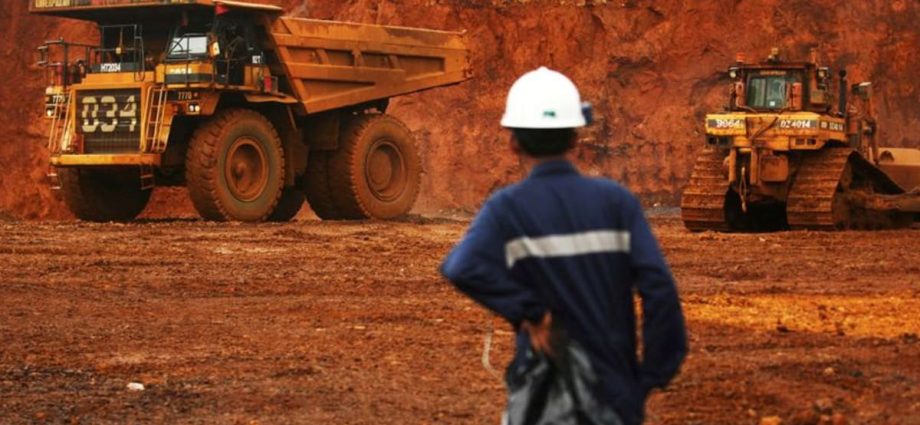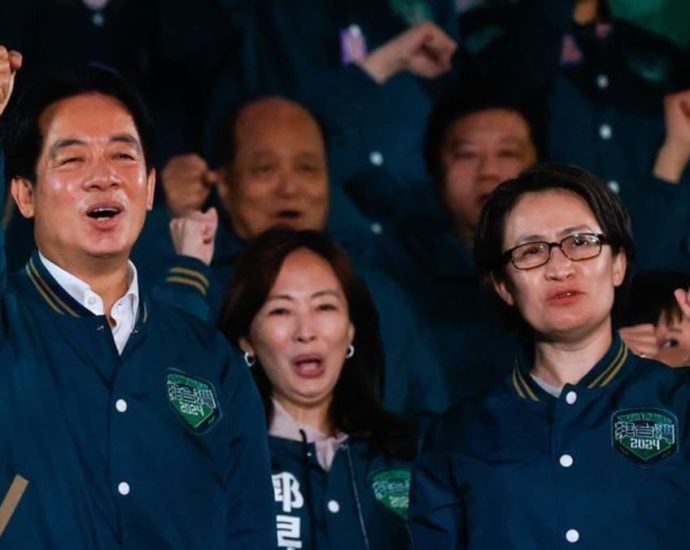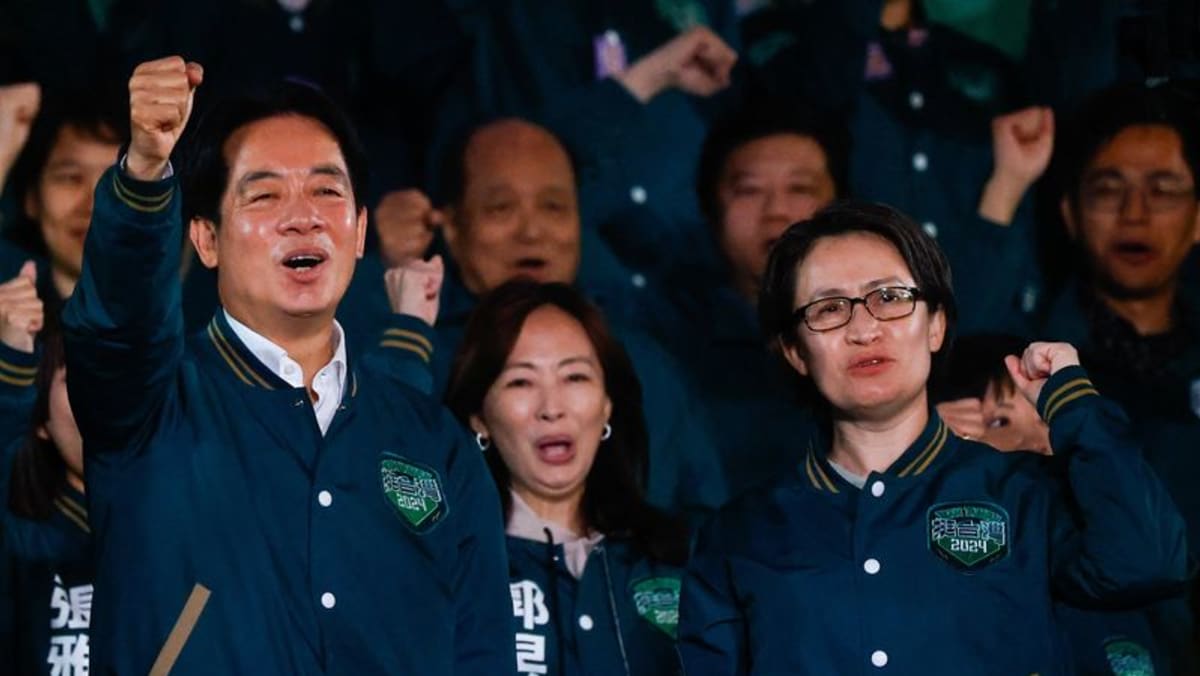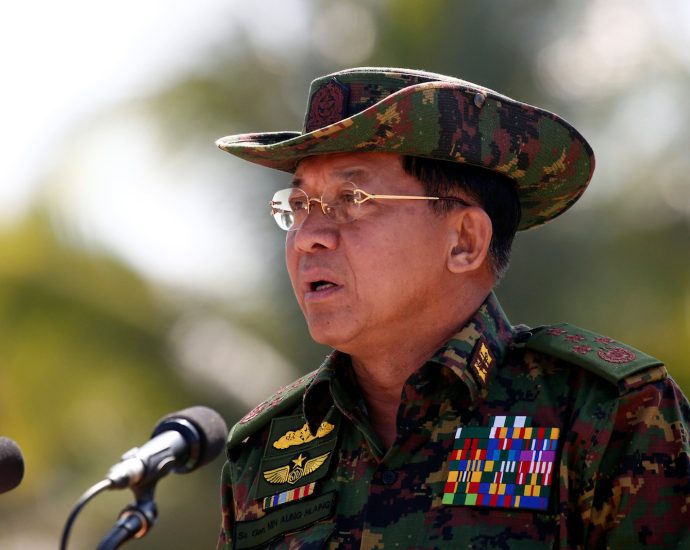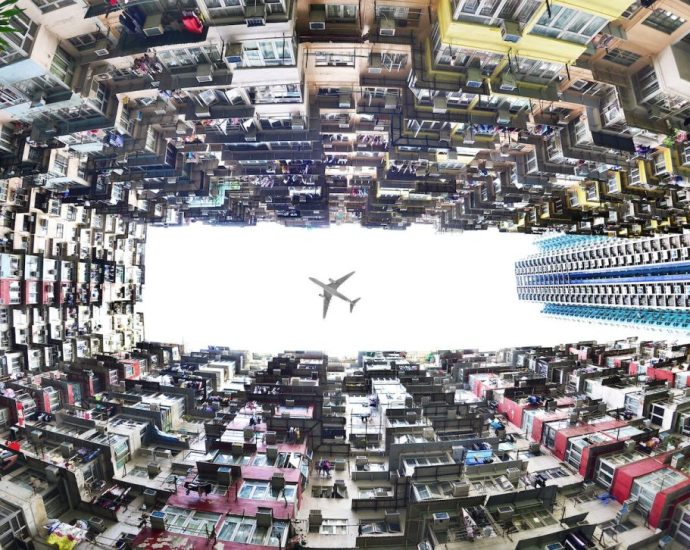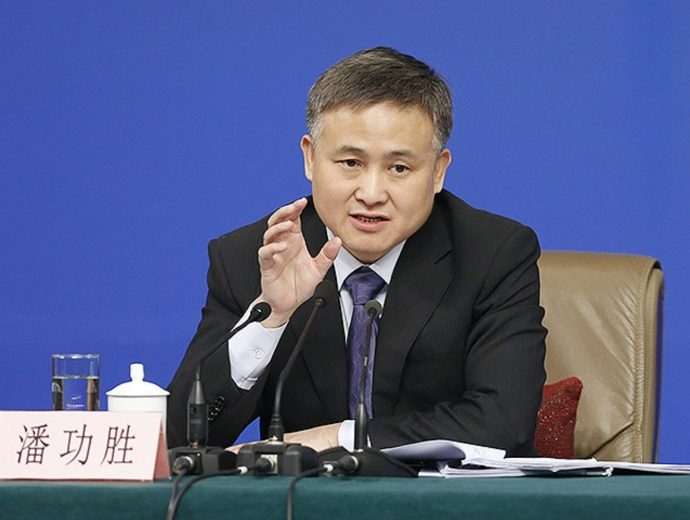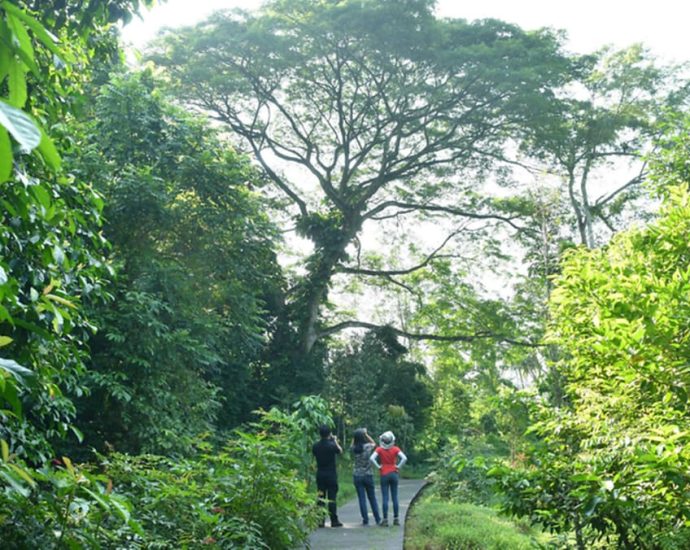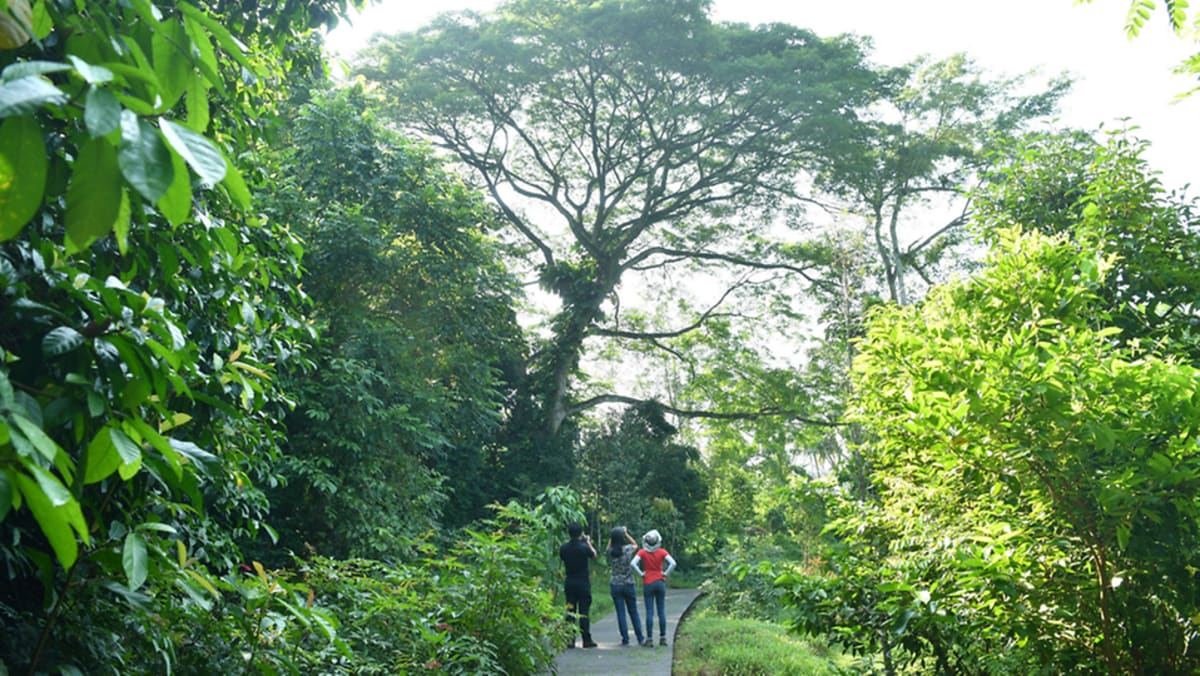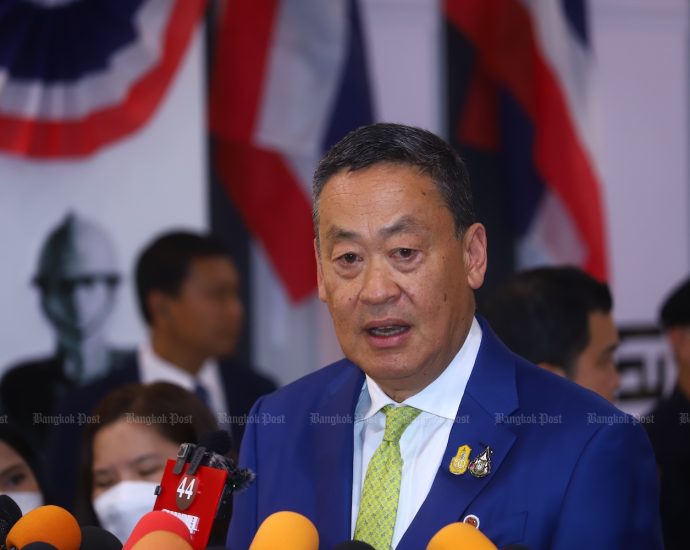Commentary: Will the âChina factorâ become an election issue in Indonesia?
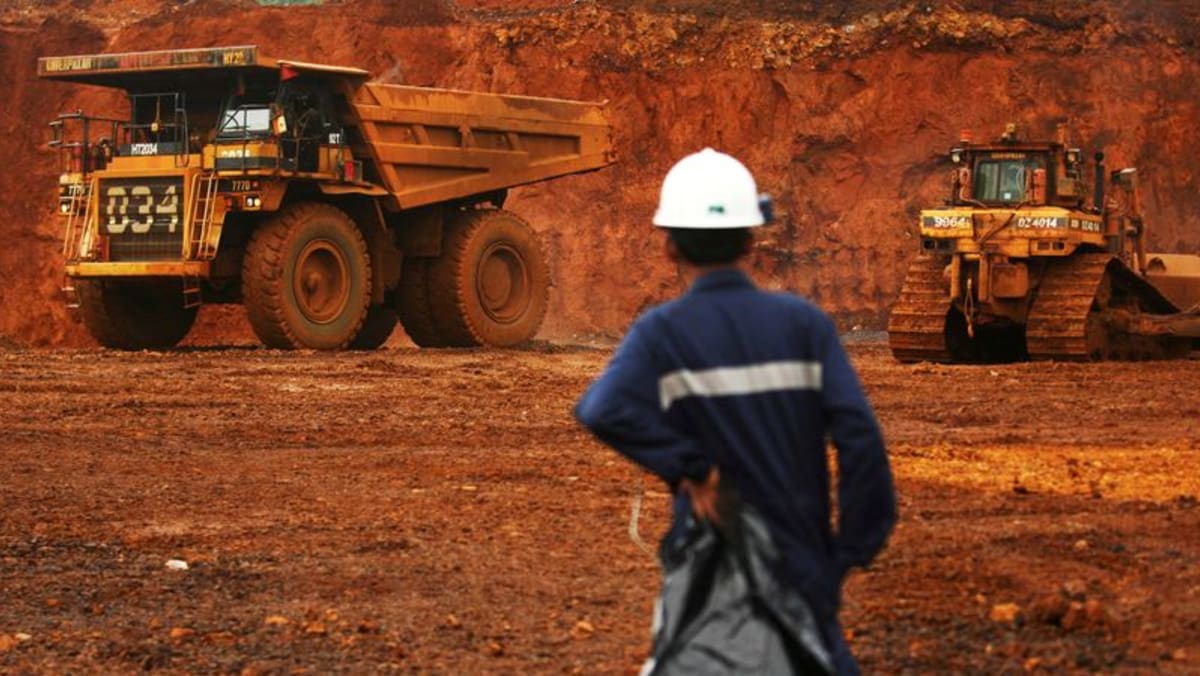
INDONESIA’S INDUSTRIAL AMBITIONS
On its part, Jokowi’s government maintains a positive view about future bilateral relations with Beijing.
In December 2023, Erick Thohir, as ad interim Coordinating Minister of Maritime Affairs and Investment (during minister Luhut Panjaitan’s spate of ill health), stated at the fourth Indonesia-China Business Partnership meeting in East Nusa Tenggara that the government appreciated the role of Chinese investors who had become industrial pioneers, laying the foundation of the downstream industry and helping to develop remote regions in Indonesia.
Thohir pointed out that under the bilateral strategic partnership that started in 2013, several important achievements, including the Jakarta-Bandung High-Speed Rail and work on Indonesia’s green energy transition, had been made. He added that Indonesia-China cooperation would be lasting, as it was built based on mutual trust and mutual benefit.
During the Jokowi administration, there is no doubt that China’s investment and economic role in Indonesia has grown, which matches Indonesia’s ambitions for a push in its industrialisation through infrastructure and downstreaming industry.
Nevertheless, China’s domination in the nickel industry in Indonesia is a cause for concern. One repercussion in the climate of decoupling has been on access to Western markets. In fact, Indonesia’s nickel products have no access to the US market, partly due to this “China factor”.
It is important to note that Indonesia has been trying to invite larger investments from Western countries but the latter are currently distracted by domestic concerns, the Ukraine war, and the Gaza crisis. Their appetite for open international trade and investment has been weakening.
Conversely and opportunistically, China has won partners and expanded its economic influence, particularly in Africa and Southeast Asia. According to official data, as of the third quarter of 2023, China and Hong Kong were the second and third largest investors in Indonesia after Singapore, with total investment reaching US$3.5 billion.
While the China factor will not likely be a controversial election issue in 2024, Indonesia still needs to carefully manage existing public apprehension concerning China’s growing economic role, especially when Indonesian lives are at stake.
The new administration taking over from Widodo will need to continue diversifying Indonesia’s economic cooperation, including with Australia, Canada, and New Zealand, the Middle East and Africa.
Leo Suryadinata is Visiting Senior Fellow, ISEAS – Yusof Ishak Institute and Adjunct Professor at S Rajaratnam School of International Studies at NTU. Siwage Dharma Negara is Senior Fellow and Co-coordinator of the Indonesia Studies Programme, and the Coordinator of the APEC Study Centre, ISEAS – Yusof Ishak Institute. This commentary first appeared on ISEAS – Yusof Ishak Institute’s blog, Fulcrum.

